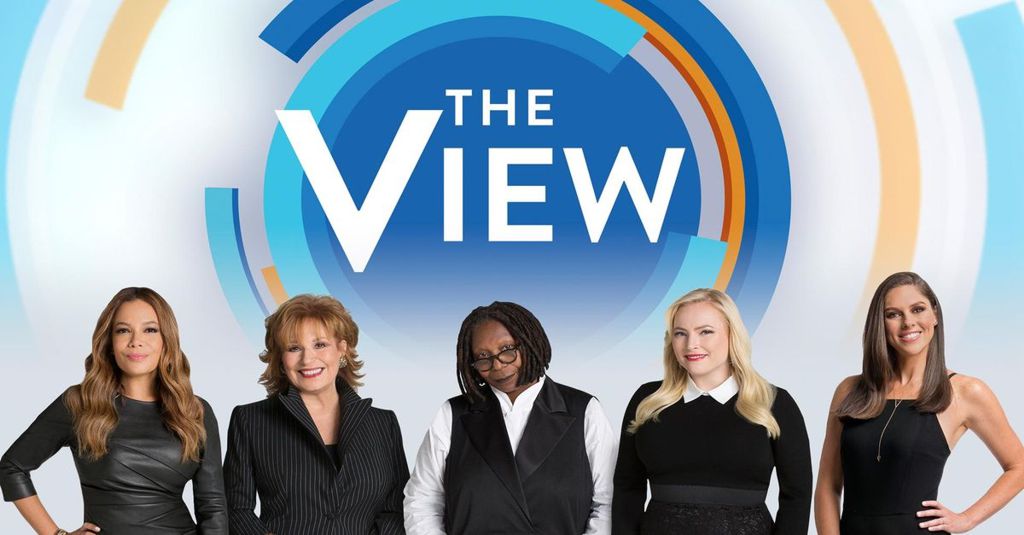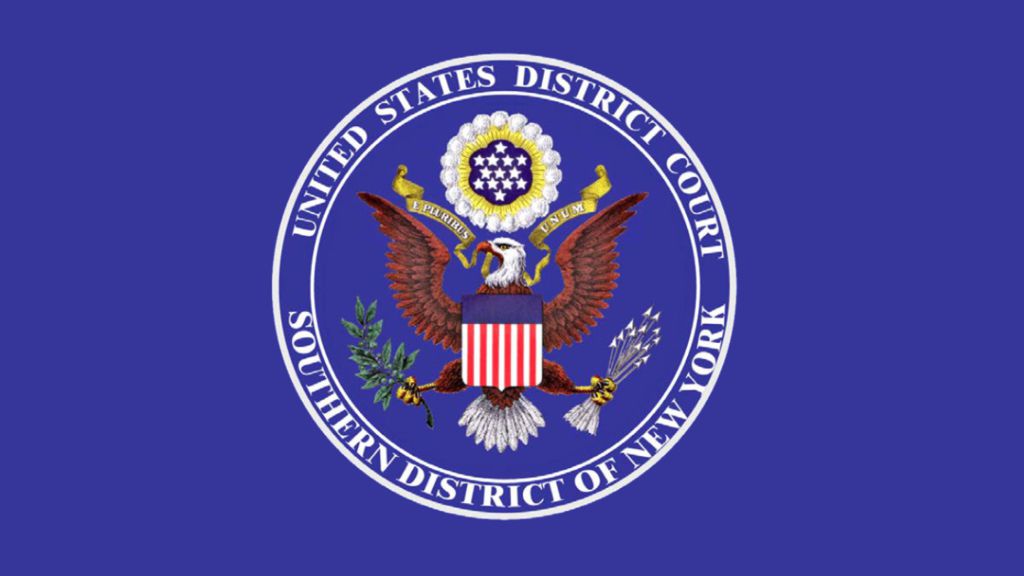Why did Fauci and all of the government’s smartest medical minds take so long to recognize the danger and advise the president to take action?
Democratic presidential nominee Joe Biden accused President Donald Trump of “a life-and-death betrayal of the American people” on Wednesday, after Bob Woodward revealed that Trump was warned in January about the potential deadliness of COVID-19. The president’s failure to act, Biden said, was “beyond despicable. It’s a dereliction of duty, a disgrace. He knew how deadly it was. He knew and purposely played it down. Worse, he lied.”
Well, if Trump lied, so did Anthony Fauci.
No doubt there are many things Trump said in those early days (and since) that he wishes he could take back — such as promising in February that the 15 U.S. cases “within a couple of days is going to be down to close to zero,” or that the virus would weaken “in the warmer weather,” or that Chinese President Xi Jinping was “powerfully focused on leading the counterattack” against the virus. But there are also a lot of things I’m sure Fauci wishes he could take back — which shows that neither he nor Trump had any idea we were facing a virus deadly enough to shut down the U.S. economy, put tens of millions out of work and kill nearly 200,000 Americans.
On Jan. 21, Fauci, director of the National Institute of Allergy and Infectious Diseases, said in an interview that “this is not a major threat for the people of the United States, and this is not something that the citizens of the United States right now should be worried about.” On Jan. 26 when he was asked whether Americans should be scared, Fauci replied, “I don’t think so. The American people should not be worried or frightened by this. It’s a very, very low risk to the United States, but it’s something that we, as public health officials, need to take very seriously.” On Jan. 31 (the day Trump announced banning travel from China, saving countless lives), Fauci said, “We still have a low risk to the American public, but we want to keep it at a low risk.”
On Feb. 3, Fauci predicted that because of the travel restrictions Trump had put in place, “I think you are going to see a dampening down” of U.S. cases. On Feb. 17, Fauci told USA Today that the danger to Americans was “just minuscule” and that people should be more worried about the “real and present danger” of seasonal flu. He further warned against “outlandish extrapolations of fear” and advised that “now, in the United States, there is absolutely no reason whatsoever to wear a mask.”
On Feb. 28, Fauci finally acknowledged, “It could be really, really bad,” but added, “I don’t think it’s gonna be, because I think we’d be able to do the kind of mitigation. It could be mild.” On Feb. 29 he said, “Right now, at this moment, there is no need to change anything that you’re doing on a day-by-day basis. Right now the risk is still low, but this could change. … I mean, this could be a major outbreak. I hope not. Or it could be something that’s reasonably well controlled. At the end of the day, this will ultimately go down.” On March 9 he said, “If you are a healthy young person, there is no reason if you want to go on a cruise ship, go on a cruise ship. But … an elderly person who has an underlying condition, I would recommend strongly that they do not go on a cruise ship.”
As late as March 10, Fauci was still adamant that “as a nation, the risk is relatively low” but admitted that “there are parts of the country right now that are having community spread in which the risk there is clearly a bit more than that.” He added that “we would like the country to realize that as a nation, we can’t be doing the kinds of things we were doing a few months ago. That it doesn’t matter if you’re in a state that has no cases or one case.” Three days later, on March 13, Trump declared a national emergency. And on March 16 the president urged all Americans to avoid restaurants, bars, discretionary travel and groups of more than 10 people, while states began issuing orders to shelter in place.
What this shows is that until mid-March, no one knew we were facing a once-in-a-generation pathogen. The real question is: Why did Fauci and all of the government’s smartest medical minds take so long to recognize the danger and advise the president to take action? The answer is because they expected this outbreak to be like the SARS, avian flu, swine flu, Middle East respiratory syndrome, Zika and Ebola outbreaks before it — a serious public health crisis, but one they could handle. They were wrong. When they finally realized they were wrong, and advised the president to implement mitigation measures, he did so — shutting down a booming economy to protect public health.
The suggestion that Trump knew how dangerous the virus was, but intentionally misled Americans and failed to take action, is demonstrably wrong. What is “beyond despicable” is for Biden to suggest that he did.
Read Original Article on WashintonPost.com






